The Federal Government of Nigeria, through the Ministry of Livestock Development, is partnering with the German Government to establish grazing facilities across rural local government areas, in a bid to modernize livestock production and promote peaceful coexistence in pastoral communities.
The Minister of Livestock Development, Alhaji Idi Mukhtar, made this known during a courtesy visit by a German delegation led by Dr. Karin Jansen, First Secretary and Head of Cooperation at the Embassy of the Federal Republic of Germany, representing the German Agency for International Cooperation (GIZ).
Alhaji Mukhtar emphasized that the initiative will prioritize the development of fodder and pasture, with deliberate efforts to introduce sedentary livestock systems across designated centres. He noted that micro earth dams and boreholes will be constructed to ensure year-round access to water, thereby enabling sustainable grazing.
He added that the programme will also focus on improving livestock breeds and pasture quality, ultimately boosting dairy production and enhancing the livestock value chain.
Dr. Karin Jansen, speaking on behalf of GIZ, affirmed Germany’s commitment to supporting livestock development in Nigeria. She noted that several ongoing German-funded projects across the country aim to foster cooperation with the Nigerian government—particularly the Ministry of Livestock Development.
Jansen highlighted the importance of integrating livestock development into peacebuilding strategies, stating that proposed grazing reserves in select local government areas could serve as pilot models. These reserves would not only support productivity but also help reduce herder-farmer conflicts by providing structured alternatives to open grazing.
She proposed the establishment of demonstration ranches in key states to expose herders to modern practices and technologies, which could influence a long-term shift toward more sustainable and peaceful livestock systems.
Dr. Jansen assured the Minister of Germany’s readiness to deepen bilateral cooperation, especially in expanding the livestock sector and strengthening associated value chains.
The partnership is expected to serve as a model for transforming Nigeria’s livestock industry, promoting rural development, and addressing security concerns linked to resource-based conflicts.


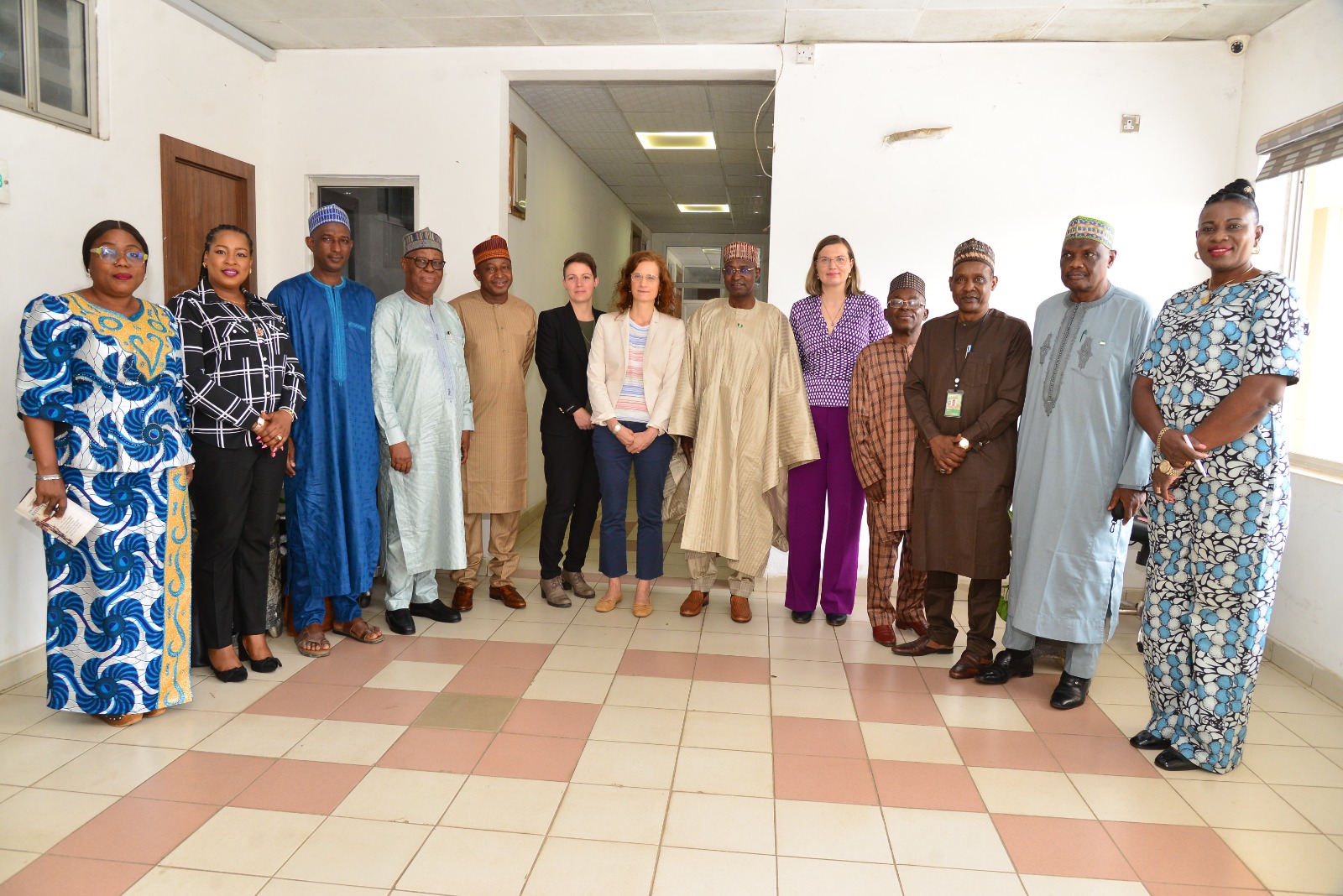

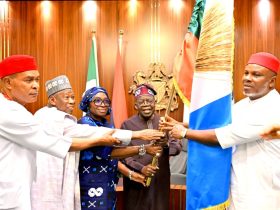
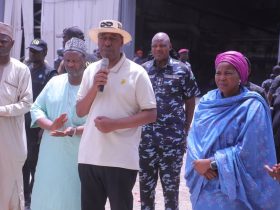
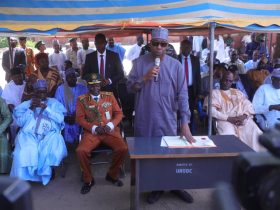



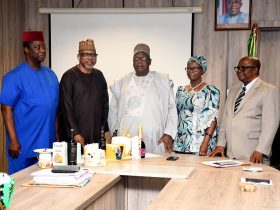
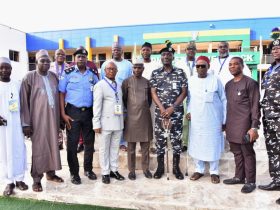
Leave a Reply